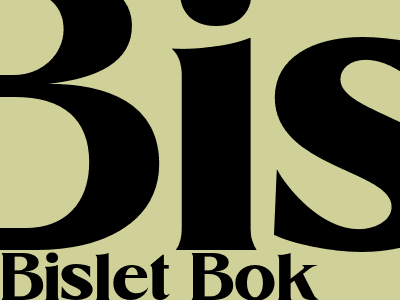SEO for Bloggers: A Comprehensive Guide to Boosting Your Search Rankings
Introduction
In today's digital landscape, having a blog is essential for any business or individual looking to establish an online presence. However, simply creating a blog is not enough; you need to optimize it for search engines to ensure that your content reaches its intended audience. Search engine optimization (SEO) is the process of improving the visibility and ranking of your blog in search engine results pages (SERPs), making it more likely for users to find your content. This guide will provide a comprehensive overview of SEO for bloggers, covering everything you need to know to boost your search rankings and increase your blog's visibility.
Keyword Research and Optimization
Identify Relevant Keywords:
The first step in SEO is to identify the keywords that your target audience is searching for. Keyword research tools can help you discover relevant keywords and phrases that are related to your niche and have a high search volume. Focus on long-tail keywords, which are more specific and less competitive, making it easier to rank higher in SERPs.
Incorporate Keywords Naturally:
Once you have identified your target keywords, incorporate them into your content in a natural and seamless way. Keyword stuffing, or excessively using keywords, can negatively impact your rankings. Instead, focus on providing valuable and informative content that includes your keywords in a way that enhances readability.
Optimize Page Titles and Meta Descriptions:
Your page title and meta description are two crucial elements that search engines use to understand the content of your blog post. Ensure that your page titles are concise, descriptive, and include your target keyword. The meta description provides a brief summary of your post, so write it compellingly to entice users to click on your link.
On-Page Optimization
Structure Your Content:
The way you structure your content can significantly impact its readability and search engine visibility. Use headings (H1, H2, H3) to break up your text, making it easier for readers to skim and understand. Headings also provide context to search engines, helping them determine the relevance of your content.
Use Internal and External Links:
Internal links connect different pages on your blog, helping users navigate and explore your content. External links point to reputable sources outside your website, providing additional information and establishing your credibility. Use both types of links judiciously to enhance the user experience and improve your SEO.
Optimize Images:
Images can enhance the visual appeal of your blog posts, but they can also impact your SEO. Ensure that your images are compressed to reduce file size and load faster. Use descriptive file names and alt tags to provide context to search engines and make your images more discoverable.
Off-Page Optimization
Build High-Quality Backlinks:
Backlinks are links from other websites that point to your blog. High-quality backlinks from reputable websites are essential for improving your search rankings. Focus on acquiring backlinks from relevant and authoritative sources, as they carry more weight with search engines.
Promote Your Content:
Once you have created high-quality content, don't forget to promote it to increase its visibility. Share your blog posts on social media, submit them to article directories, and reach out to influencers in your niche. The more people who share and link to your content, the more backlinks you will acquire and the higher your search rankings will be.
Monitor Your Results:
SEO is an ongoing process that requires regular monitoring and adjustment. Use analytics tools to track your website's traffic, keyword rankings, and other metrics to identify areas for improvement. Make necessary changes to your SEO strategy based on the data you collect, and stay up-to-date on the latest SEO trends to ensure your blog continues to perform well in SERPs.
Conclusion
By following the strategies outlined in this guide, you can effectively optimize your blog for search engines and boost your search rankings. Remember that SEO is a gradual process that requires patience and consistent effort. However, by implementing these techniques and staying informed about the latest SEO trends, you can significantly increase your blog's visibility, reach a wider audience, and achieve your blogging goals.

Komentar